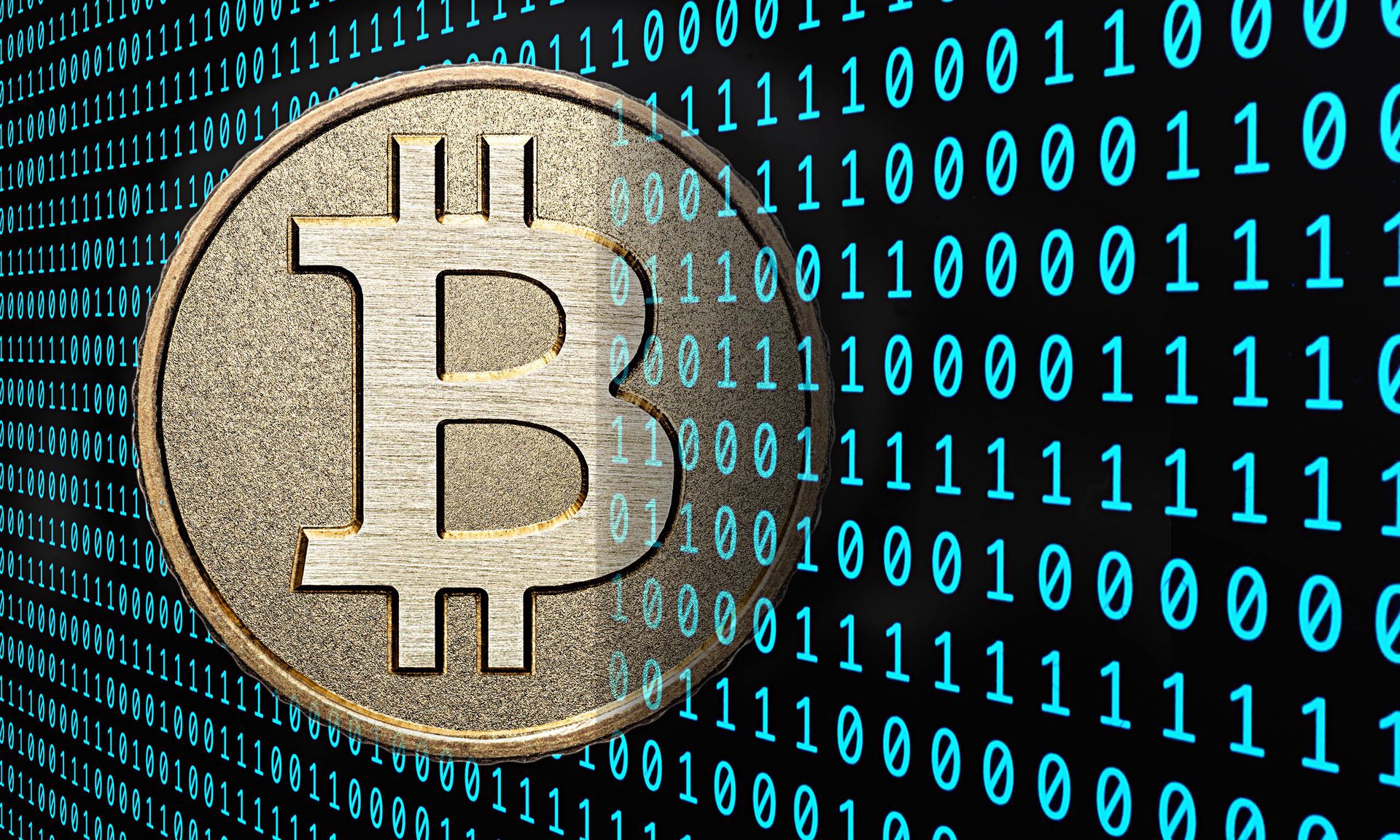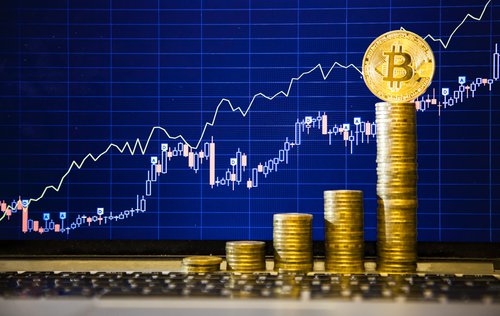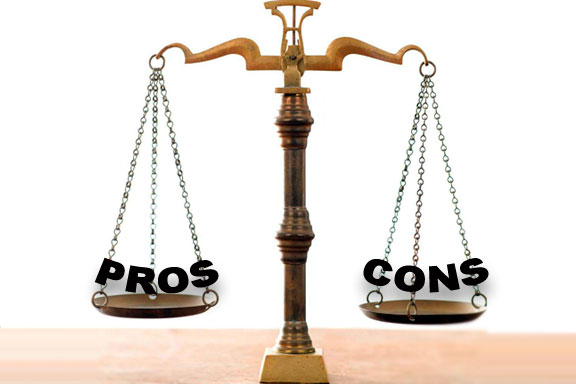Affiliate links on Android Authority may earn us a commission. Learn more.
What is Bitcoin: Everything you need to know
Published onApril 18, 2018

Bitcoins are the currency of the internet. They’ve been around since 2009. Although they hold value and you can spend them on all sorts of things, they are different than the paper money and coins you have in your wallet in a lot of ways. But what are Bitcoins?
How are Bitcoins created? how is their value determined? What’s good about them? What’s bad about them? They’re pretty puzzling to a lot of people. If you’re one of those people who have been asking, “What are Bitcoins?” keep reading. We’ve got the answers to all these questions and more.
What are Bitcoins and how do they work?


So, what is Bitcoin anyway? Bitcoins are a form of electronic currency that can be used to make purchases online. They’re accepted by companies big and small, from Microsoft to Newegg. Because of the currency’s high value, you can divide one to a maximum of eight decimals, allowing you to send someone just 0.00000001 Bitcoin.
What makes Bitcoins different is that a decentralized network of computers keeps track of them, instead of a single person, company, or government. They can be sent to someone via a computer or a mobile device, with each transaction being recorded in what is called a blockchain.
The Bitcoins you own are stored in a “digital wallet” that can either be saved on your computer or in the cloud. Both options have their share of pros and cons (more on that later).
How are Bitcoins created and where can I buy them?

Now that we have answered the question, “What are Bitcoins?”, how are they made? Bitcoins can be created by anyone with the right hardware through a process called mining. People compete against each other by solving complex math puzzles with their computers, which results in new Bitcoins being created and the winner getting rewarded with a few of them.
Before you get too excited and decide to quit your job to go into the field of Bitcoin mining, I have to give you some bad news. Mining requires specialist hardware that works around the clock and can be quite expensive. So even if you own a PC with a fast GPU, mining likely won’t be worth your time.
Mining will no longer be possible after a total of 21 million Bitcoins are created.
Mining is also self-limiting and will no longer be possible after a total of 21 million Bitcoins are created, which is expected to happen around the year 2140.
So, if you don’t have the hardware required to create Bitcoins, where can you get your hands on them? Well, the easiest way is to create an account on a Bitcoin exchange like Coinbase, where you can buy as well as sell them with your local currency.
What is Bitcoin? How much does a Bitcoin cost and what determines the price?

Now that we have answered the question “What is Bitcoin?” and where it comes from, how much is one of them really worth? Bitcoins are expensive. Since the currency’s inception, its value has increased dramatically. At first, you could get one for just a few cents. These days? Well… you can follow along with the live price right here:
Because of their high value, Bitcoins aren’t only used for online purchases, but can also serve as a great investment. They are popular among those living in countries like Venezuela, for example, who buy them to avoid losing their savings due to high inflation. However, as with any investment, the value of Bitcoins can decrease over time, which is something you should always keep in mind.
But how is the value of a Bitcoin determined? The price is always going up or down and is the result of supply and demand, just like stocks and gold, among other things.
What is Bitcon? Pros and cons
A big advantage to using Bitcoins is the low transfer fees. You can send as well as receive payments at a very low cost — often for free. In any case, the fees are lower than what you would have to pay when doing business through a bank. Additionally, Bitcoins can’t be counterfeited, making it safer than paper money in this regard.
Another advantage is that although all transactions are visible to everyone, they are anonymous, as you don’t have to disclose your personal info such as your name, address, and so on. This is also a disadvantage in a way, as it allows for some shady business. Criminals have been using Bitcoins a lot in recent years, as there’s no way to connect the money back to them. The popularity of the virtual currency in organized crime is said to be one of the major factors in Bitcoin’s rapid increase in value.

A big problem with Bitcoins is security. As already mentioned, your Bitcoin wallet can be stored in the cloud or offline, on your computer. The offline method is more secure due to the reduced risk of getting hacked, but can also mean that you can lose all of your Bitcoins if whatever device that houses the wallet stops working.
Bitcoin transactions are also irreversible unlike those made with a credit card, so there’s a bigger chance of losing your money when dealing with sketchy sellers online.
Finally, you have to take the volatility of Bitcoins into consideration. They aren’t as stable as most currencies, as their value can fluctuate by as much as a few hundred dollars in just a single day. Not really a problem if the price goes up, but there’s no guarantee it won’t go down.
What about the other cryptocurrencies?
Now you know more about Bitcoin, but what about some of the other popular cryptocurrencies out there? To learn even more, check out the following guides:
What is Bitcoin? Final thoughts
Bitcoin can be a bit confusing to understand at times, much like many other aspects the digital economy. If you made it this far, we’ve at least answered your basic question: “What are Bitcoins?” And hopefully you get some of the context around the cryptocurrency too.
What are your thoughts on Bitcoins? Have you ever used them? Let us know in the comment section below.